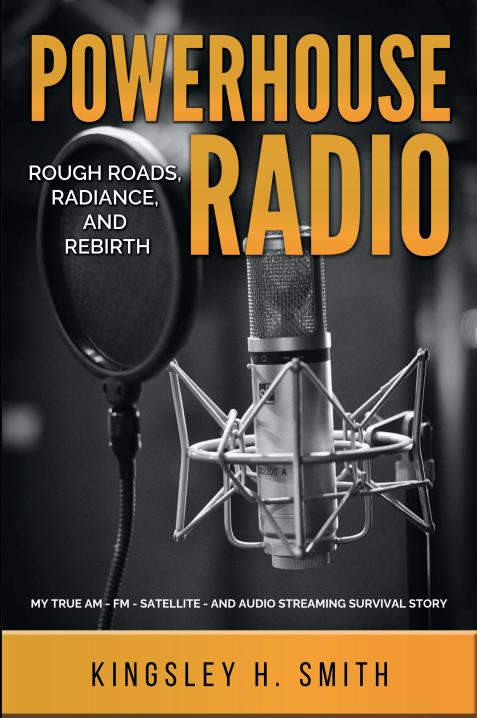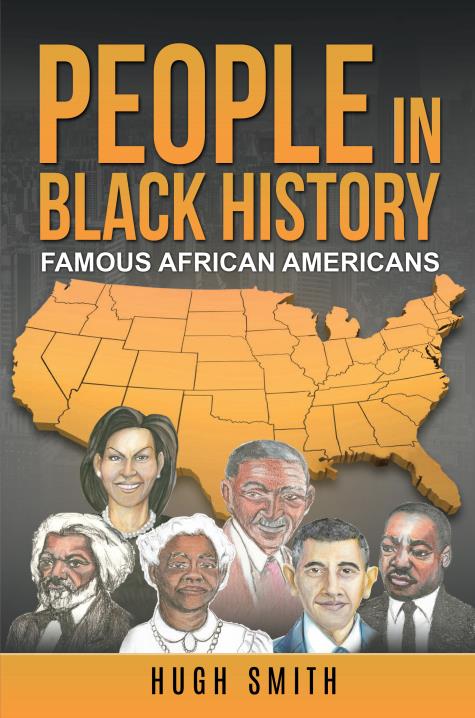0 What is Southern Soul? Part One
- Songs
- by Kingsley H. Smith
- 05/12/2006

Here are highlights from a much longer article, written by Michael F. Patterson: "The Problem with Southern Soul," from Frost Illustrated, Fort Wayne, Indiana...
----------
"For some time, I've heard the debate over the use of the term "southern soul" to classify a particular genre of music.
Much of the controversy around the term seems based on the belief that calling this style of music "southern" soul has hurt it with regard to airplay.
This occurs particularly in the North where disk jockeys argue about the term and seem to imply that it's not their music - just the music of southern folks.
Furthermore, some seem to think the regional classification of music is a relatively recent phenomenon. Truth be told, the regional classification of music is nothing new.
There have long been distinctions, even if blurred, for example, between Delta blues and Chicago blues.
What became known as the Chicago sound actually grew out of the work of masters from down in the Delta such as Muddy Waters, meaning it can be tricky determining what makes a certain regional style.
Still, the music changed in the urban environment and evolved into something undeniably related, yet different.
Jazz aficionados can speak for hours about the differences between traditional East coast jazz and West coast jazz, while country fans can tell you the difference between the classic Nashville sound and the Bakersfield sound.
No one can deny the very distinct stylistic differences between southern rock, the San Francisco sound, and the blue collar rock of the Midwest.
Today, any kid who knows anything about rap can tell you the difference between an East coast rapper, a West coast rapper, and the southern crunk sound.
In the '60s, it definitely was easy to tell the difference between soul music from the South, the Motown sound, and the sounds of Philadelphia.
Berry Gordy let it be known that what was happening in Detroit was something different from what was happening at Stax and Atlantic.
The music of the famed Funk Brothers didn't sound like the classic Muscle Shoals studio wizards. And, Gamble and Huff built an empire based on setting their lushly orchestrated soul apart from everyone else.
Records from all three regions burned up the charts all over the country and around the world. No company's records were limited by their widely acknowledged regional origins.
Those records sold because they were good records - the best of their genre. As Duke Ellington said, there are two kinds of music, good music, and bad music.
Most times, good music sells, bad music doesn't. (Now, that's another subject that gets complicated, but that's a discussion for different day.)
Now we get to southern soul..."
----------
To be continued in What is Southern Soul? part two, coming next time.


